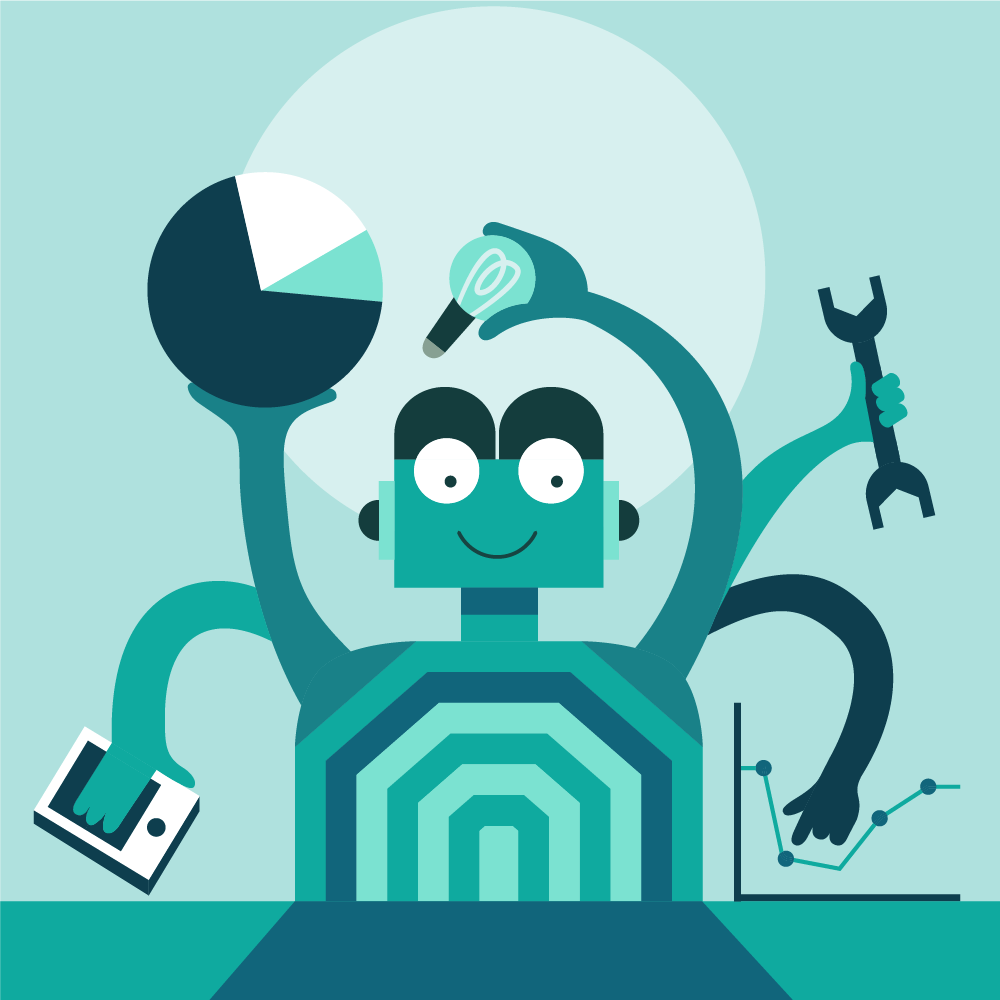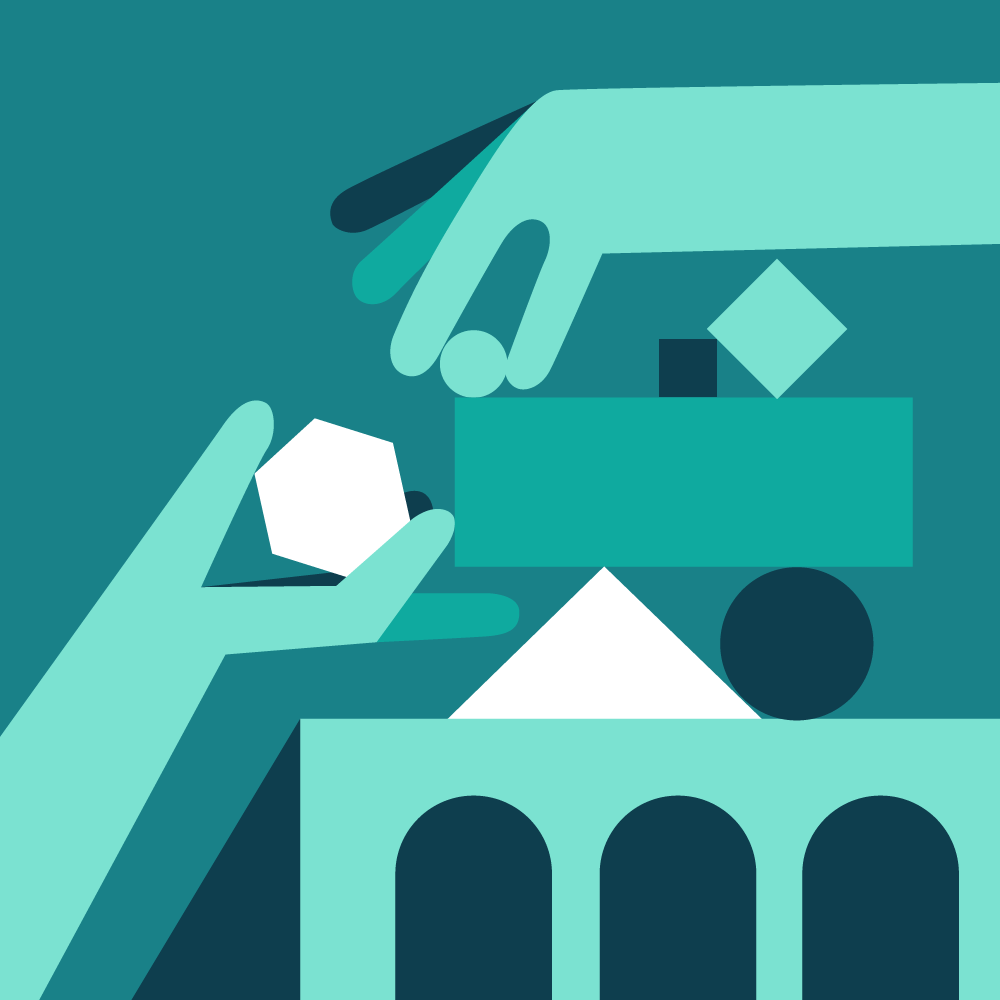What do we see?
In 2022, 90% of EEE goods owned in Belgian households were effectively in use. This is a continuation of the upward trend already observed in the previous possession measurement in 2019; in 2015, use was only 83%. Among the different EEE categories, white goods (93%) and the newly added category ‘lighting and other’ (94%) had the highest usage rates. There was also an increase in the use of ICT goods (88%) and brown goods (85%) compared to the previous possession measurement. DIY & garden goods and the ‘other’ items category, including toys and sports equipment, were most often stored unused, even if they still worked.
What’s the aim?
In a circular economy, we aim to reduce the amount of new raw materials needed to fill our needs. The aim is to keep EEE in circulation as long as possible and increase its use efficiency and intensity. Well-functioning EEE that is no longer used can be better lent out or sold second-hand, increasing the intensity of use and reducing the need for the production of new appliances. Defective EEE should be repaired to restore their functionality or recycled to recover the materials in the most high-value way possible. New business models such as the sharing economy and product-as-a-service are alternative solutions to increase the efficiency and intensity of use of EEE goods.
What does this indicator measure?
This indicator shows the use status of EEE goods in Belgian households. The data were provided by Recupel and come from the biennial possession survey.




